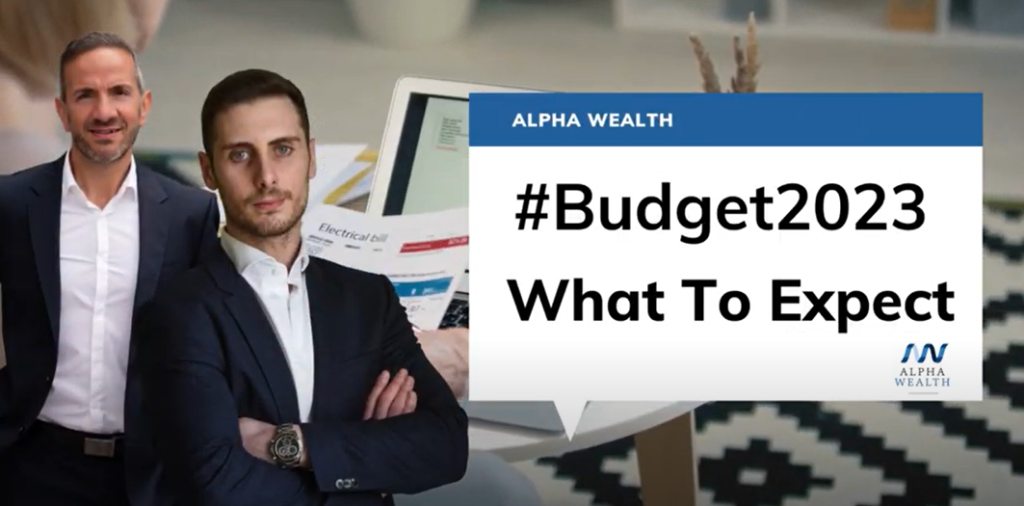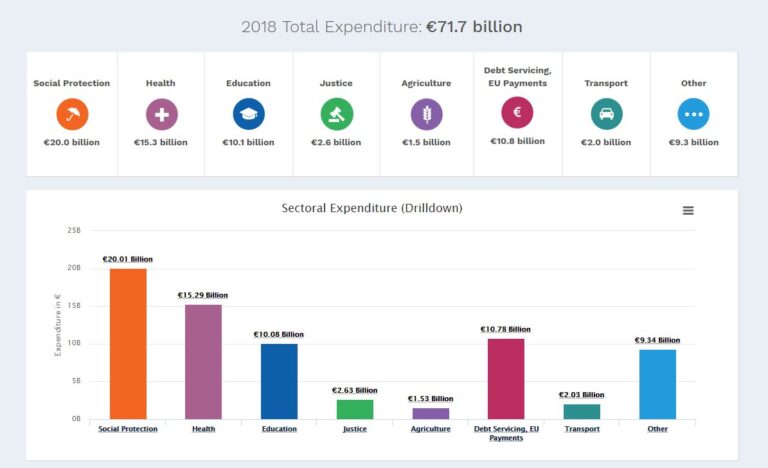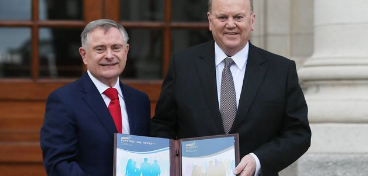On October 9, Finance Minister, Paschal Donohoe will allocate a budget package of €3.4bn.
However, as things stand with €2.6bn of that already having been committed to various expenditure measures, it leaves just €800m for allocation. Whilst the minister has previously stressed that the upcoming budget will put a little into everyone’s pockets, with suggestions this might be to the tune of around €300 per person on average, the chances of spending increases and tax cuts in Budget 2019 will be limited because of the previously agreed budget commitments.
So what can we expect and is this what we want?
From an earnings point of view, it seems that whilst the income tax rates will be kept the same, the bands may be increased, with suggestions from some quarters that they may be raised to as much as €37,000 for a single person and €46,000 for a couple, or single earning family.
Noting that the average rate of income in Ireland is around €47,000 per year for a full-time worker and given the current income level someone enters the higher rate at is currently €34,550 per annum, this could be worth almost a €1,000 per year to someone in after-tax earnings.
My feeling is the tax credit for the self-employed will be raised again to be closer to the current €1,650 PAYE credit. The unpopular universal service charge may well be adjusted so lower earners pay less of it and PRSI may be increased by 0.5%. The relevance of an increase in the current rate of PRSI from 4% to 4.5%, would see someone earning €50,000 pay an additional €250 in PRSI a year, or someone earning €100,000 per year an additional €500 a year.
This would bring in about €400m but the Taoiseach has stated he wants the majority of any additional cash to go into improving public infrastructure rather than tax reduction so it’s unlikely that this is going to be passed back to Joe Public.
Smaller positive changes that are likely are an increase in welfare benefits and pensions but not to the same degree as we have seen in the last two years.
The old reliables of alcohol and tobacco are likely to be increased again, especially as alcohol duty has not been increased since 2014. Carbon tax is almost certain to be increased and won’t face too much objection.
There is also likely to be an increase in the minimum wage to bring it closer to €10 per hour.
Other tax changes likely are to be property tax rates but these are likely not to take effect for a couple of years. Inheritance and gift tax thresholds will be increased.
Finally capital gains tax — which generally applies to the profit from the sale of shares or investment property — may be reduced by 1%-2% from the current rate of 33%.
As I work closely with all different types of workers in different sectors and employment types, from civil servants to the self-employed, I have had an opportunity to get insights from the public as to what they would like to see happen. Listening to local representatives, they would like to see a focus on childcare with a tax rebate for parents, and a system of grants to upgrade facilities.
Another issue felt needing attention is education. Representatives would like to see a reinstatement of capitation fee to former levels as schools struggling to stay afloat.
With regards to housing, they would like to see more measures, and a Vat reduction for the construction sector but a mechanism invoked to ensure that this reduction is passed on to the consumer also.
With property prices rising at the second highest rate in Europe, most of the younger clients I am speaking to are worried about the difficulties of accessing a home and being stuck renting or living at home.
One of the easiest options for Minister Donohoe would be to increase mortgage interest which is allowable, up from 85% at present.
Personally, I would have liked to have seen the reintroduction of the SSIA savings scheme that operated in 2001-2002, but it seems the government are likely to now link this to pensions.
I would like to see more offered to new business start-ups especially having gone through this process myself just over five years ago, and given the high failure rate of startups, more given to assist early-stage companies.
For those hoping for something more radical over the next three weeks, I think this is unlikely as the Government has committed to a 2:1 ratio between spending on services and tax measures and that means any variations of what is expected to happen between now and budget day are likely to be limited.
Nick Charalambous is managing director of Alpha Wealth, a financial advisory firm in Little Island, Cork and Dublin.






